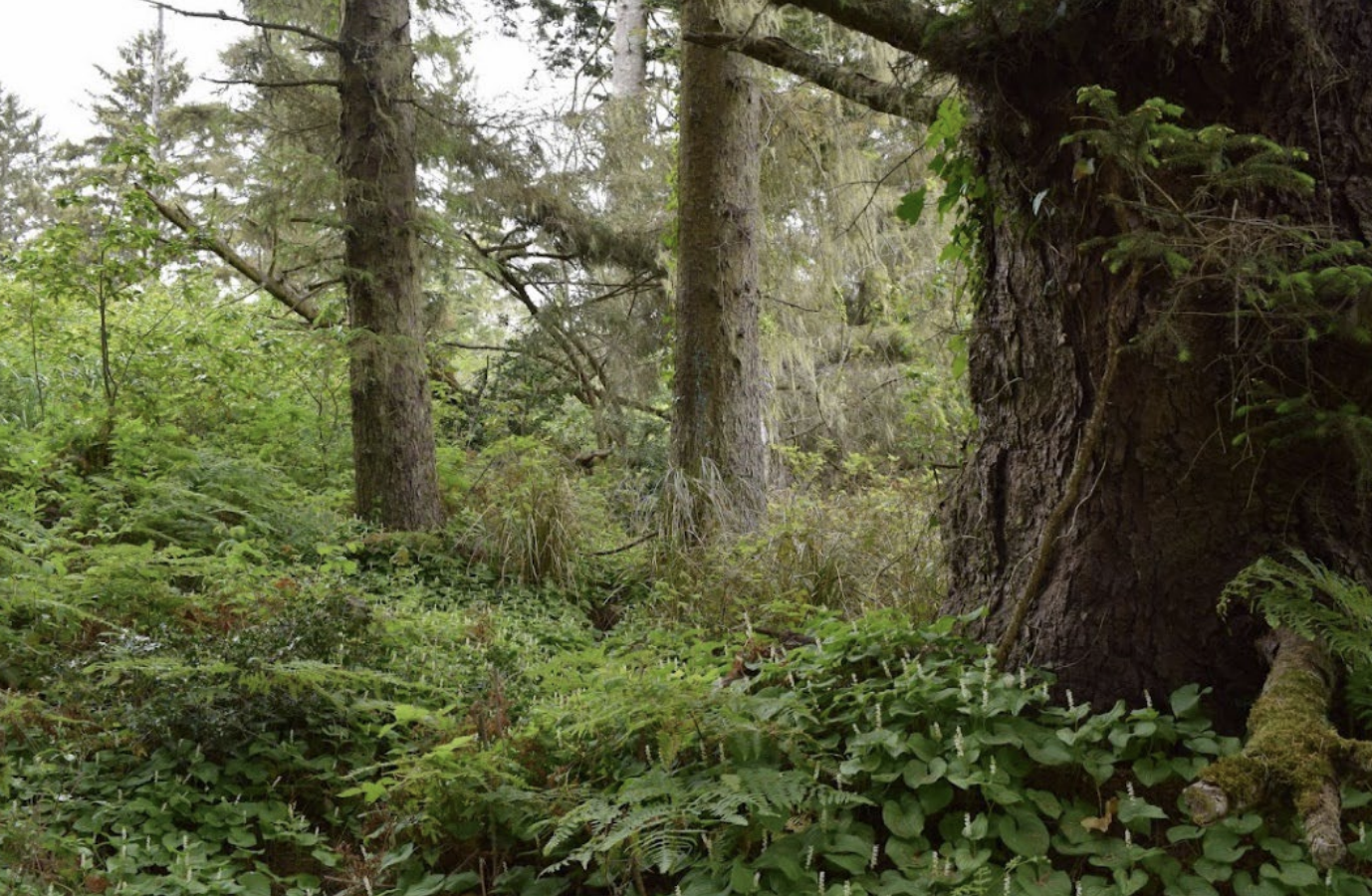
- Details
- By Jenna Kunze
Last month, the Wiyot Tribe of Northern California reclaimed nearly 50 acres of their ancestral homelands from a private owner.
The tribe bought back the land using a $1.2 million grant from the state Ocean Protection Council, secured with a partnership from California State Polytechnic University and two conservation groups, Humboldt Baykeeper and Friends of the Dunes.
The property — one of the last pieces of undeveloped land and coastal freshwater wetlands on Humboldt Bay — is home to culturally important regional plant species and a former village area to the tribe called Mouralherwaqh, or “wolf’s house.”
Moving forward, the tribe will lead an effort to develop and implement an ecocultural restoration management plan for the property, including removing invasive species, water quality restoration, sea-level rise adaptation planning, and bird monitoring.
“When you step on this piece of property, this land, you feel like you go back in time,” Wiyot Tribal Chairman Ted Hernandez said in a statement. “You look at the property and say — my ancestors, they made their arrowheads here, they cooked their acorns here, they made their dresses here, they made their regalia here, they had dances here. In order for everything to heal in this world, Indigenous people need to have their spiritual lands and their ceremonial lands back.”
This is not the tribe’s first experience with repatriation: In 2020, the University of California-Berkeley returned 20 human remains and more than 100 associated funerary objects to the Wiyot Tribe of California after initially denying the tribe’s claim to their ancestors six years prior. The year before, Eureka City turned over its ownership of Duluwat Island — the largest island in Humboldt Bay — back to the tribe after decades of insistence.
While the recent acquisition of the Mouralherwaqh property increases the Wiyot Tribe’s land holdings, the tribe still owns less than one percent of their ancestral lands.
The Mouralherwaqh site has more than 13 acres of freshwater wetlands surrounded by a Sitka spruce forest that serves as a rookery site for egrets and herons, according to the tribe’s website.
Spruce root has been important to the Wiyot art of basketry for thousands of years.
“Along with many traditions, the return of Mouralherwaqh will allow for the passing on of traditional ecological knowledge associated with ancestral forests, berry and hazelnut picking, hunting, gathering, and mushroom foraging to future generations of Wiyot people,” the tribe wrote.
More Stories Like This
NCAI Passes Two Emergency Resolutions on Immigration Enforcement ActivitiesChickasaw Lighthorse Police Officer named Indian Country Law Enforcement Officer of the Year
Indian Gaming Association Rallies Broad Coalition Against Sports Event Contracts It Calls Illegal Threat to Tribal Sovereignty
Navajo Resources and Development Committee Issues Notice on Livestock Inspection Requirements
American Prairie, Tribal Coalition Files Protest Over Rescinded Grazing Rights
Help us defend tribal sovereignty.
At Native News Online, our mission is rooted in telling the stories that strengthen sovereignty and uplift Indigenous voices — not just at year’s end, but every single day.
Because of your generosity last year, we were able to keep our reporters on the ground in tribal communities, at national gatherings and in the halls of Congress — covering the issues that matter most to Indian Country: sovereignty, culture, education, health and economic opportunity.
That support sustained us through a tough year in 2025. Now, as we look to the year ahead, we need your help right now to ensure warrior journalism remains strong — reporting that defends tribal sovereignty, amplifies Native truth, and holds power accountable.
 The stakes couldn't be higher. Your support keeps Native voices heard, Native stories told and Native sovereignty defended.
The stakes couldn't be higher. Your support keeps Native voices heard, Native stories told and Native sovereignty defended.
Stand with Warrior Journalism today.
Levi Rickert (Potawatomi), Editor & Publisher


